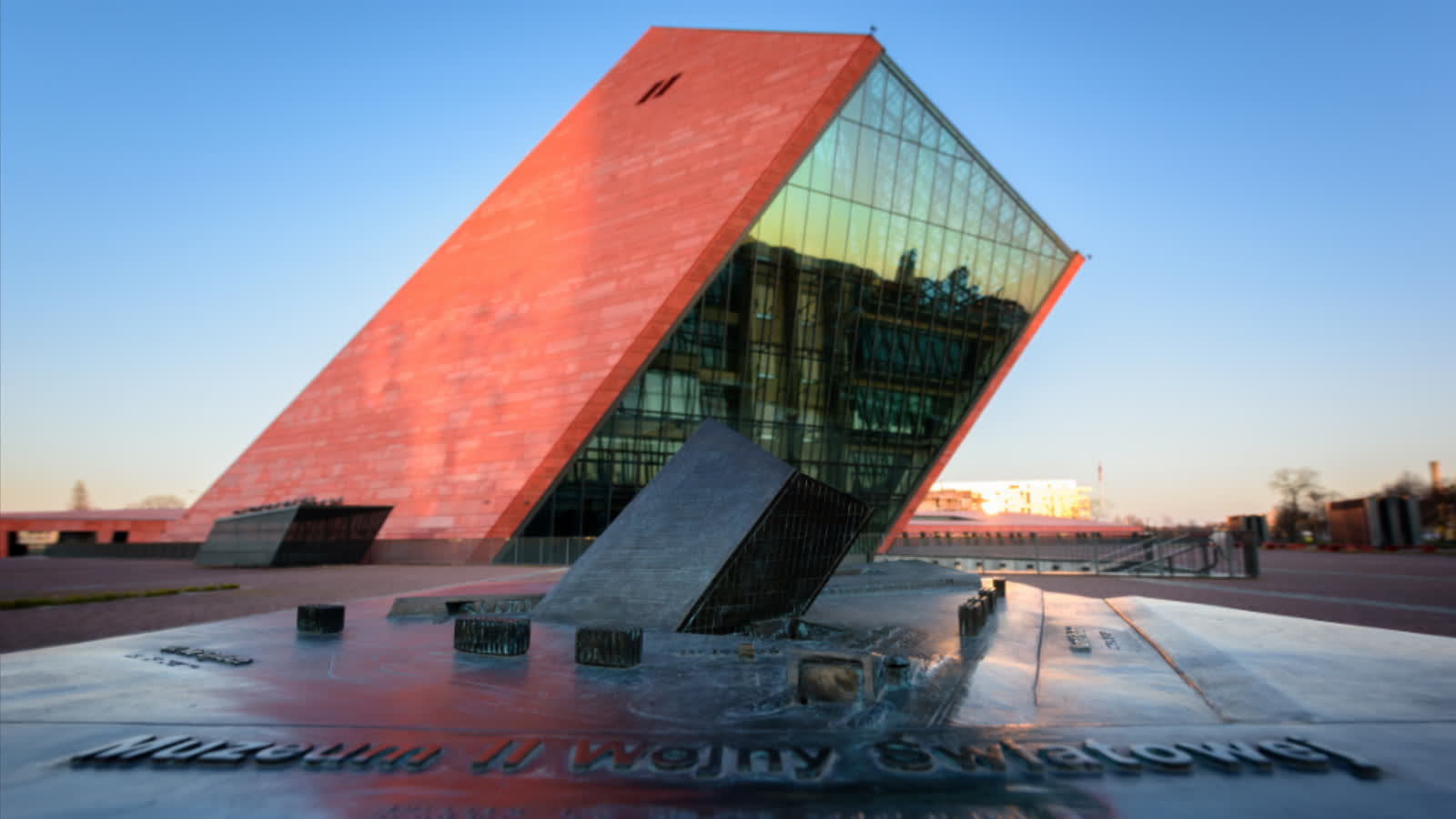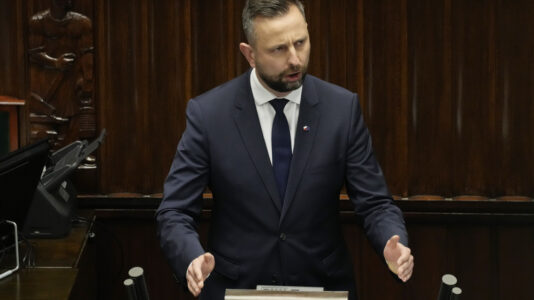In a move that has caused political and public uproar, the World War II Museum in Gdańsk has taken down several exhibits that honor key Polish figures such as the Ulma family, Witold Pilecki, and Father Maximilian Kolbe.
The museum’s new administration asserts that their goal is “to promote a narrative that unifies rather than divides, striving for an inclusive representation that is consistent with academic findings, even if it deviates from earlier government or political party visions.”
The controversy began when Karol Nawrocki, head of the Institute of National Remembrance (IPN), released a video condemning the museum’s management and its director Rafał Wnuk for censoring Polish heroes.
Nawrocki revealed that on the night of June 24/25, 2024, the museum quietly removed the exhibits of individuals like Witold Pilecki, who had heroically infiltrated Auschwitz to initiate a resistance and was later executed by communists. Among others erased were Saint Father Maximilian Kolbe, who sacrificed his life for another prisoner in Auschwitz, and the Ulma family, devout Catholics who were brutally murdered for hiding Jews during the Holocaust.
Responding to the criticism, the museum’s leadership defended its approach, condemning what it described as “patriotic blackmail” used by the Law and Justice (PiS) both then and now. It contended that the museum’s exhibition should return to its original, author-driven narrative from 2017, before interventions by PiS’ cultural ministry. According to them, historical policy should foster unity and not division, and “there is no need to censor exhibits or battle with artists to nurture national community and maintain a collective memory.”
The move has drawn sharp criticism from various groups, including Władysław Kosiniak-Kamysz, deputy prime minister and a key ally of Donald Tusk in the left-liberal government, who insists that the museum’s main exhibition should reflect what unites, not divides the nation.
Kosiniak-Kamysz has demanded the immediate reinstatement of the exhibits honoring Pilecki, Kolbe, and the Ulma family for their profound acts of patriotism and unyielding struggle for the good of the country.
Despite the outcry from conservative and right-wing factions in Poland, there is currently no indication that the museum plans to restore the controversially removed exhibits. Protests against the changes made in the World War II Museum are scheduled for Friday in Warsaw and Gdańsk. Organizers are calling for participants to bring flags, candles, and photos of the removed heroes.






